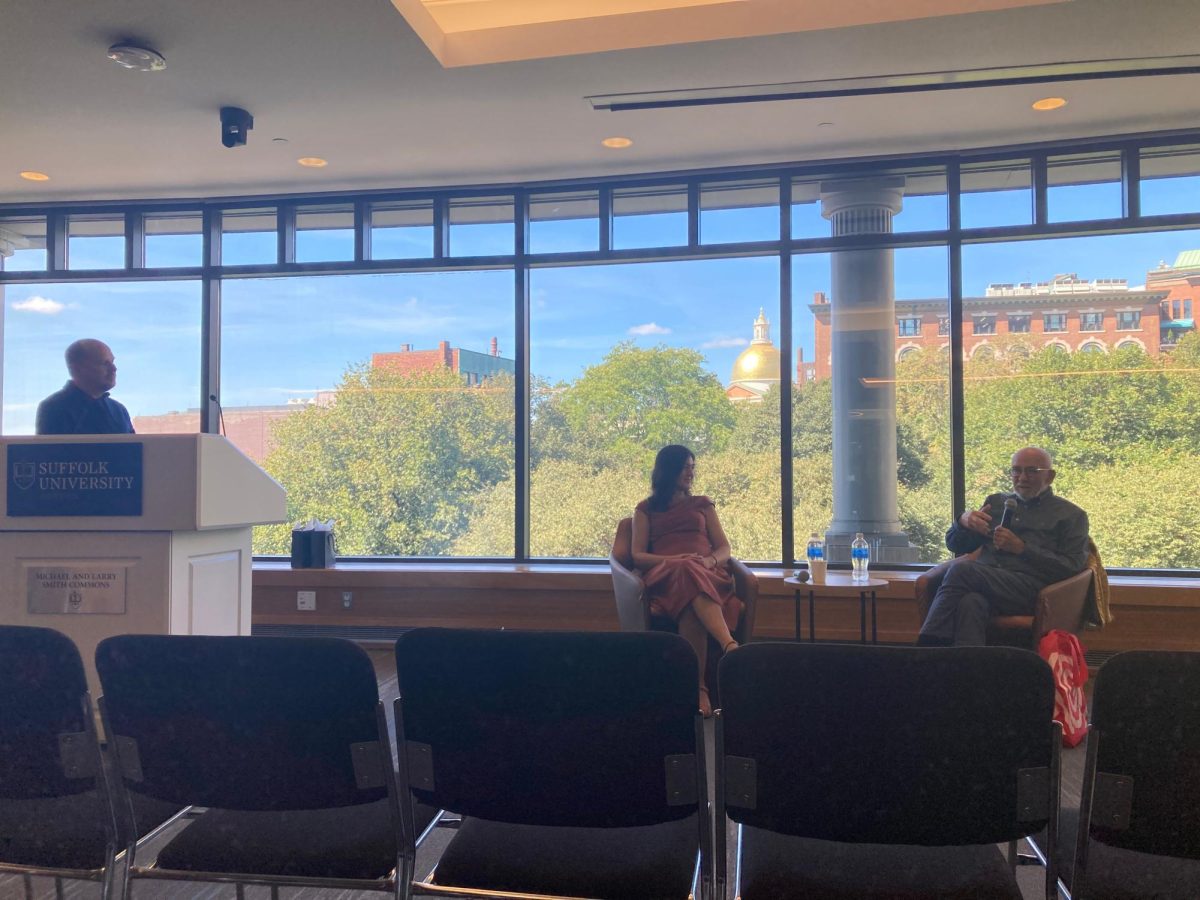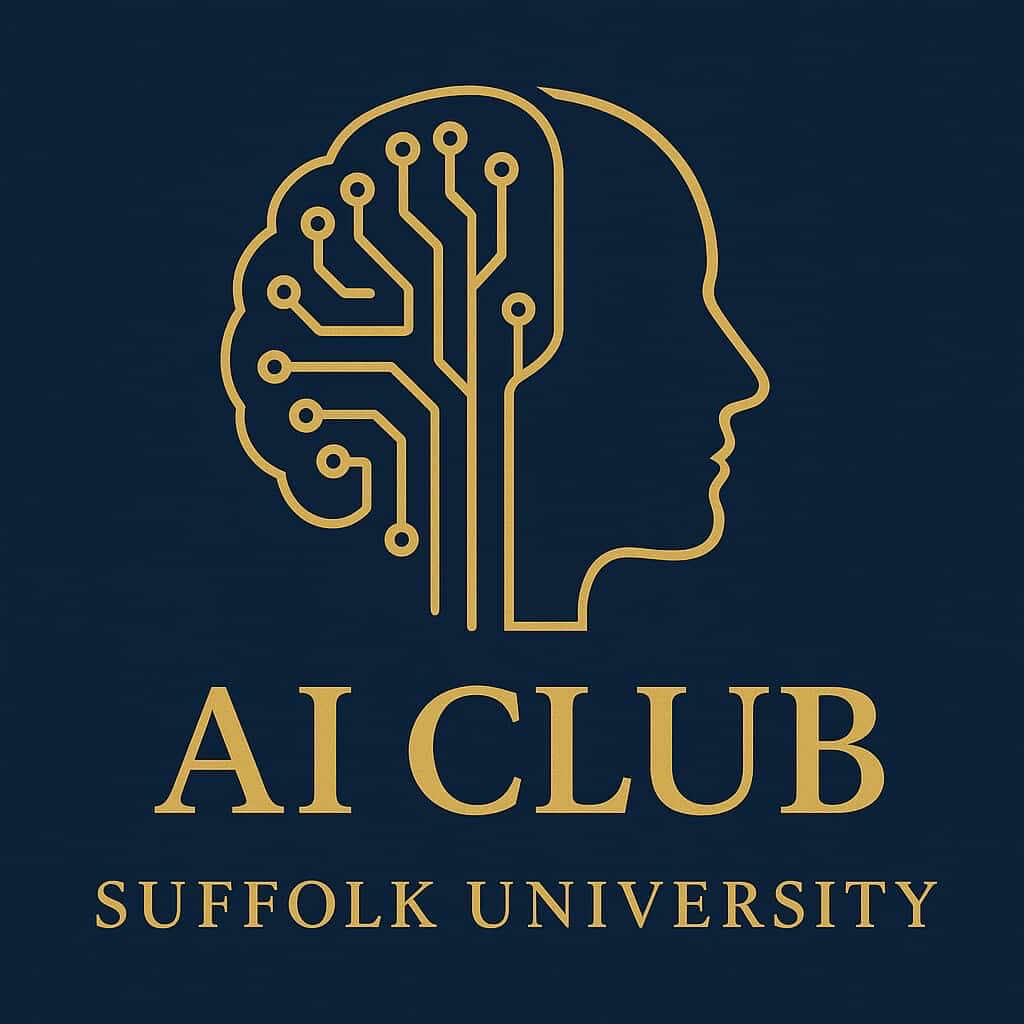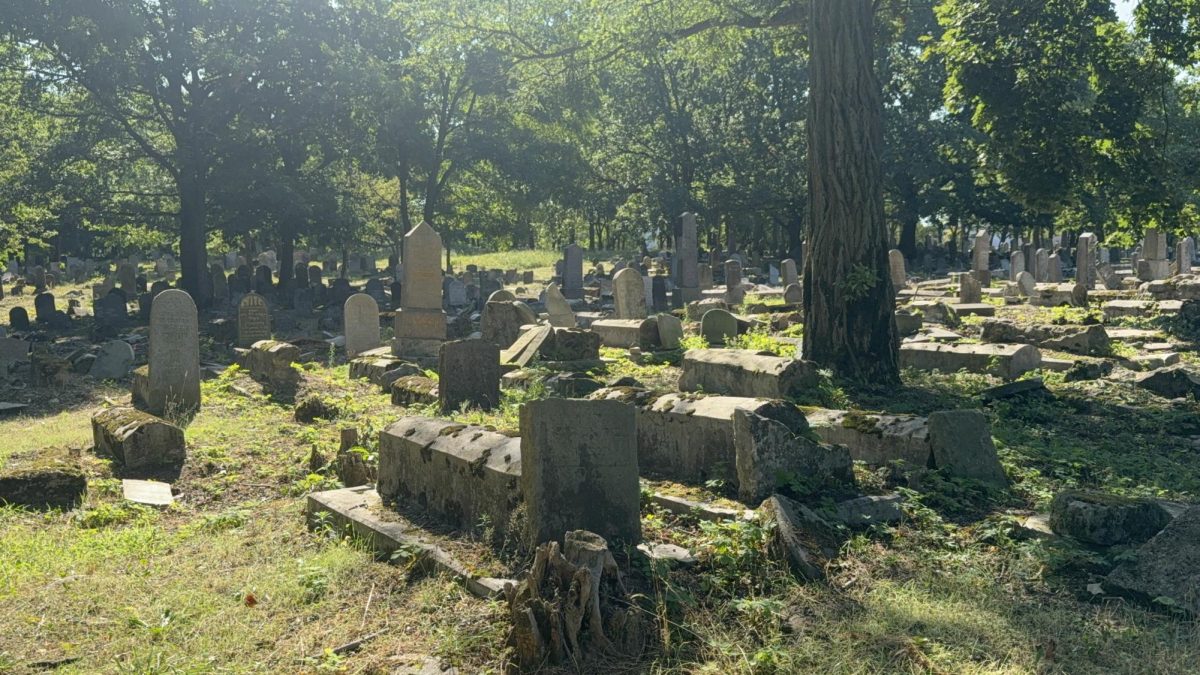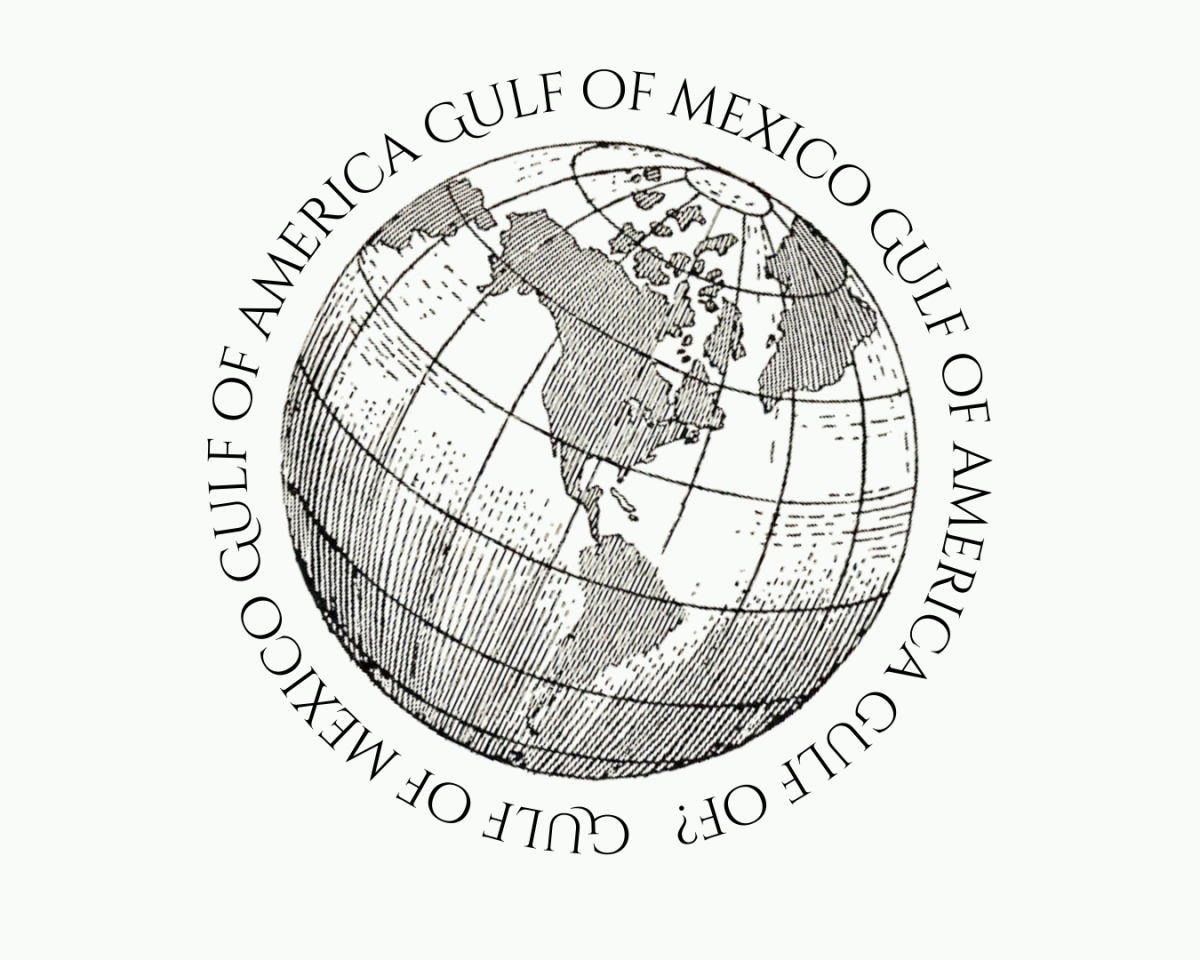On Sept. 22 Suffolk celebrated Constitution Day with a panel featuring GLBTQ Legal Advocates and Defenders Founder and Activist John Ward, and Chief of the Massachusetts Attorney General Office’s Civil Rights Division Elizabeth Matos, to discuss civil rights and liberties in the modern day.
Ward and Matos shared how they came from significantly different backgrounds to get to the work they are doing now.
Ward, currently a professor at Boston University, described how he was inspired by fellow gay rights legal activists in San Francisco to begin taking up cases related to gay rights.
“It was an accident but it was ordained,” Ward said during the event.
He described how he initially came into contact with law practices around gay rights from coincidentally reading of a “gay lawyer” in a newspaper in Boston. From this, Ward and his boyfriend would found GLAD, now known as GLBTQ Legal Advocates and Defenders, in 1978.
Through GLAD, Ward was a part of many major wins for the LGBTQ+ rights movement – from successfully arguing in the Rhode Island prom case for a high schooler who wanted to bring another man as his prom date, to becoming the first openly gay man to argue before the Supreme Court.
Matos described a much different path to her current work in the Massachusetts Attorney General’s office, being inspired by her middle class background to work on what was missing from social justice.
Matos first worked on issues related to immigrant rights, before helping people facing eviction in the South Coast region of Massachusetts during the Great Recession and later working for Prisoners’ Legal Services of Massachusetts, eventually serving as the organization’s executive director.
She detailed some of the notable cases she worked on with Prisoners’ Legal Services, such as helping deaf prisoners in Massachusetts get accommodations for them in prisons and fighting for the rights of transgender prisoners. She also told of some of the legal work she did abroad in Mozambique and Brazil while studying at Brown and Georgetown, providing legal aid in criminal justice reform there.
She also described some of the frustrations with her work. For example, she described how even in her work for the Commonwealth, she often isn’t able to help those who want to pursue cases of discrimination because legal standards limit what can be recognized as harms of discrimination. Other times, it’s an issue of lack of resources to help people, especially when representing the whole of the Commonwealth.
With both of their backgrounds being in working in marginalized communities, the conversation quickly evolved to how civil rights have quickly changed under the Trump administration.
Matos described the need to ensure that state laws protect people in the face of decreasing federal protections. Ward, alternatively, described the importance of finding creative legal solutions to ensure rights are protected, such as when he helped a lesbian couple become de facto married in a time before marriage equality.
The advice from both was to keep pushing for change, even in the face of hostility.
From taking up work like internships to help people in need to networking with those in fields like law that can push for change to working into the field, as both described doing in during and after college.
“Hold the truth of what’s developed and hold it for better times,” Ward said.








